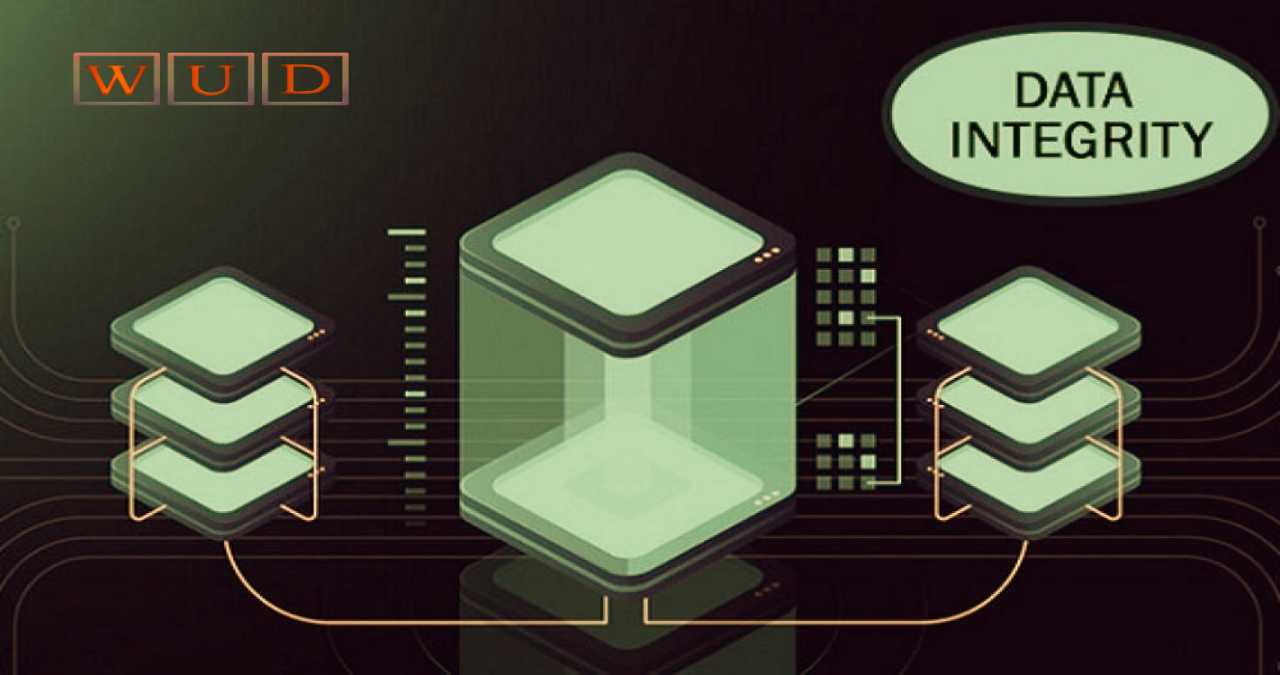What Is Data Integrity And Why Is It Important In Companies

Table of Contents
What is Data Integrity
Data Integrity is the process by which it guarantees that the stored information in a database is consistent and accurate.
Today, maintaining the integrity of data is essential for any company given the value they represent. Even more so if this information is fully validated and optimized.
Also, working with correct and reliable data saves time and ensures that the information stored is true and secure.
Why Is It Important To Maintain Data Integrity
During its life cycle, data is replicated, transferred, modified, and endlessly altered. That is why it is necessary to generate methods, rules, and standards for verifying errors and validation processes so that the integrity of the data used in the company is reliable.
Today there are computerized or management systems in the cloud that allow impeccable data integrity, in an organized and structured way.
Also Read: Artificial Intelligence To Enhance Security In Data Centers
There Are Two Types Of Data Integrity
Physical Integrity
To protect the physical integrity of the data, error detection tools must be available to guarantee the integrity and precision of the data in circumstances that may put them or their storage at risk. This includes hardware failures, natural disasters, power outages, human error, or any other extreme factor.
Logical Integrity
For this type of Data Integrity, different criteria are used to protect the information in relational databases from human errors, software errors, or computer attacks.
There are Four types Of Logical Integrity
- Entity Integrity: It is based on the fact that each table needs a primary key or a unique value that allows the data to be distinguished. This ensures that the tables are not duplicated or have the same identifier.
- Referential Integrity: This type of Data Integrity allows processes to be created through rules embedded in the database, using foreign keys that ensure that the information is properly used and stored.
- Domain Integrity: The domain is a set of correct values found in the database. Processes are created in the domain integrity that allows each value to be accurate. Also, rules are included that define all categories, values, and formats for entering, restricting, and reading data.
- User-Defined Integrity: When the integrity of the entity, the reference, and the domain is not enough to safeguard the data, the same users create their own rules and restrictions.
Principles Of Data Integrity
- A: Attributable. This refers to the fact that all data created or modified must be documented. It is important to know who created them, when, and why. In other words, the data must be attributable to the person who created it.
- L: Legible (Legible). All information must be able to be read and understood by the human being. For this, structures and values that are easy to interpret must be implemented.
- C: Contemporaneously Recorded. Records must be made at the time the work is carried out and the information must be stored in order of execution.
- O: Original or A True Copy (Original). This means that each of the records must be original.
- A: Accurate (Exact). Each data has to be exact, it cannot contain any error, human or automatic. Also, all of them must reflect the changes, without hiding the old information.
Risks In Data Integrity
With digitization, there are increasing risks to data integrity. These are transferred to different devices and are mostly stored in the cloud, so working to keep them intact is crucial for their proper use in the company.
Registration, storage, modifications, distribution, backup copies, and other actions on data carry the risk of corrupting its integrity, both accidentally and maliciously.
- Human errors.
- Errors in data transfer inadvertently.
- Inappropriate settings and security flaws.
- Computer attacks, malware, or internal threats in the management software.
- Hardware that does not have adequate security protections.
All of this can put data at risk, threatening its integrity. If these are accidentally altered, there may be a significant loss of true information, which means that the data is no longer reliable for use or decision making.
Another fatality can occur if the data is threatened by external computer attacks, something often uncontrollable at the time of its execution. Implementing Data Integrity measures can prevent this entry of malicious agents that affect the distribution, modification, and reliability of the data and, in many cases, spread confidential information.
How To Secure Data Integrity In The Cloud
The platform cloud data integration is an affordable alternative for all companies providing insight into real-time of all agile data, optimum and safe.
Today, cloud integration tools allow multiple secure applications to connect to and access all stored company data from any location.
To ensure that these have security that guarantees Data Integrity, you must verify that the provider you choose for storage complies with a series of measures. How?
- Verify the operation of the technology used.
- Request the corresponding security certifications.
- Perform data storage and access tests.
- It monitors that good practices in security and maintenance are observed.
A company that does not take the necessary actions to protect and ensure the integrity of its data is making a serious mistake that can mean the loss not only of important information but also of time and money. To avoid this, evaluate the needs of your company and get down to work on Data Integrity now.
